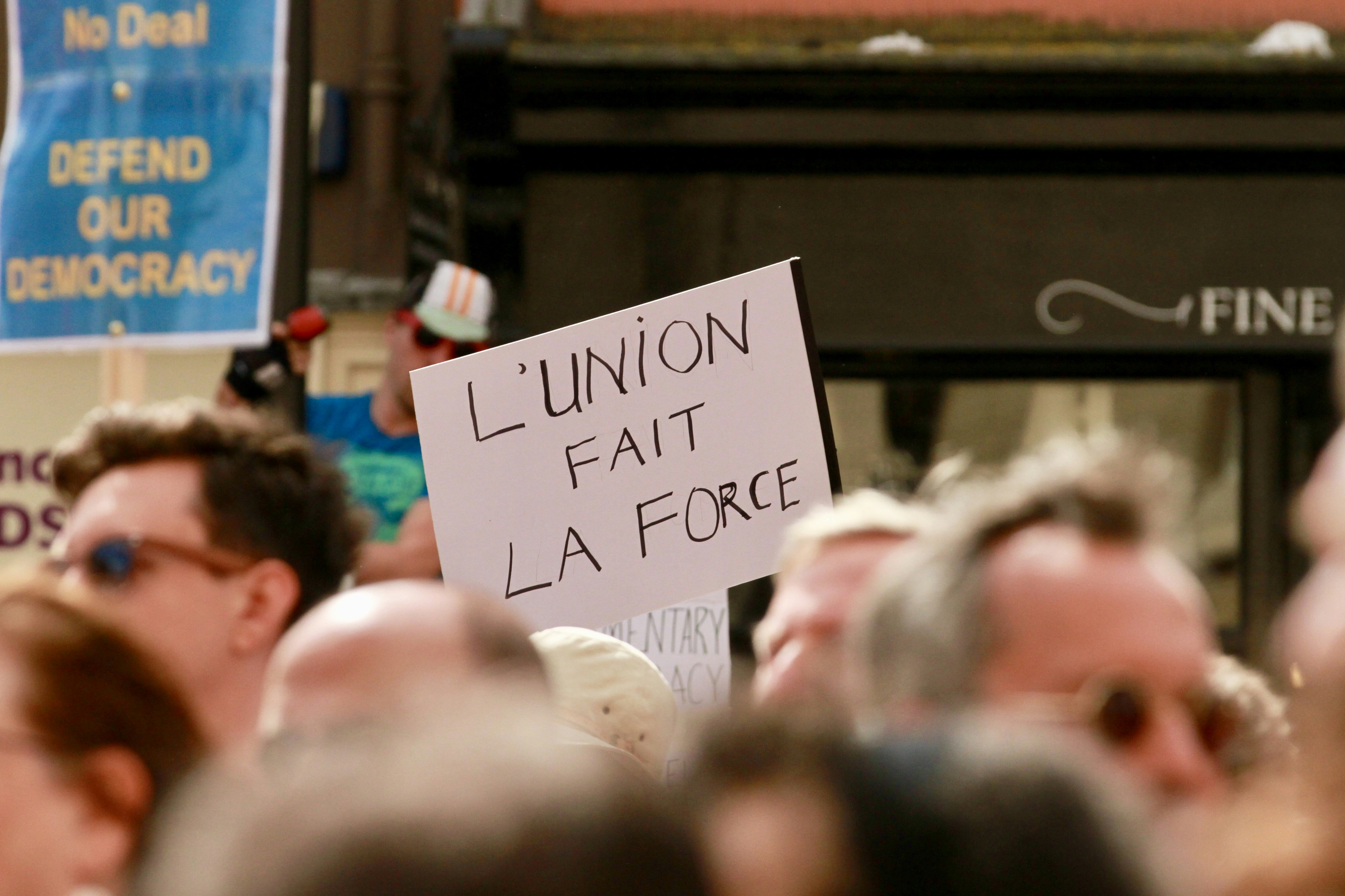A Growing Wave of Solidarity: Protests in Support of Burkina Faso’s President
Introduction to the Protest

In recent weeks, powerful waves of protest have swept across several countries within and beyond Africa in strong solidarity with the President of Burkina Faso, Ibrahim Traoré. These demonstrations have spotlighted not only the internal political dynamics of the West African nation but also the broader struggle for sovereignty, dignity, and independence from foreign influence across the continent.
Understanding the Reasons Behind the Solidarity
At the heart of these protests is a deep-rooted resistance to perceived foreign interference in the internal affairs of Burkina Faso. Protesters argue that the country, like many others in Africa, has long faced external manipulation in political, economic, and security matters. This solidarity movement is seen as a stand against neo-colonial practices, calling for a united Africa that can define its path without coercion or pressure from powerful global actors. Supporters believe that protecting Burkina Faso’s leadership is symbolic of defending African self-governance and the collective right of African nations to determine their futures.
Public Response and the Role of Media
Powerful visuals from the protests—masses of people waving flags, chanting slogans, and raising placards—have gone viral, capturing global attention. The widespread media coverage underscores the intensity and resolve of those advocating for Burkina Faso. These scenes reflect a growing consciousness among African populations and the diaspora, who see Burkina Faso’s resistance as a rallying cry for continental unity and resilience.
Impact on Africa as a Whole
This movement is more than a national issue; it resonates deeply across Africa. The protests have sparked critical conversations about sovereignty, pan-Africanism, and the future of African governance. In Burkina Faso’s struggle, many Africans see a mirror of their own challenges—external control, economic dependency, and political instability. The solidarity movement inspires hope, fosters unity, and encourages a pan-African push for genuine independence. It signals a potential turning point where African voices demand not just to be heard but respected and self-determined.





Leave a Reply